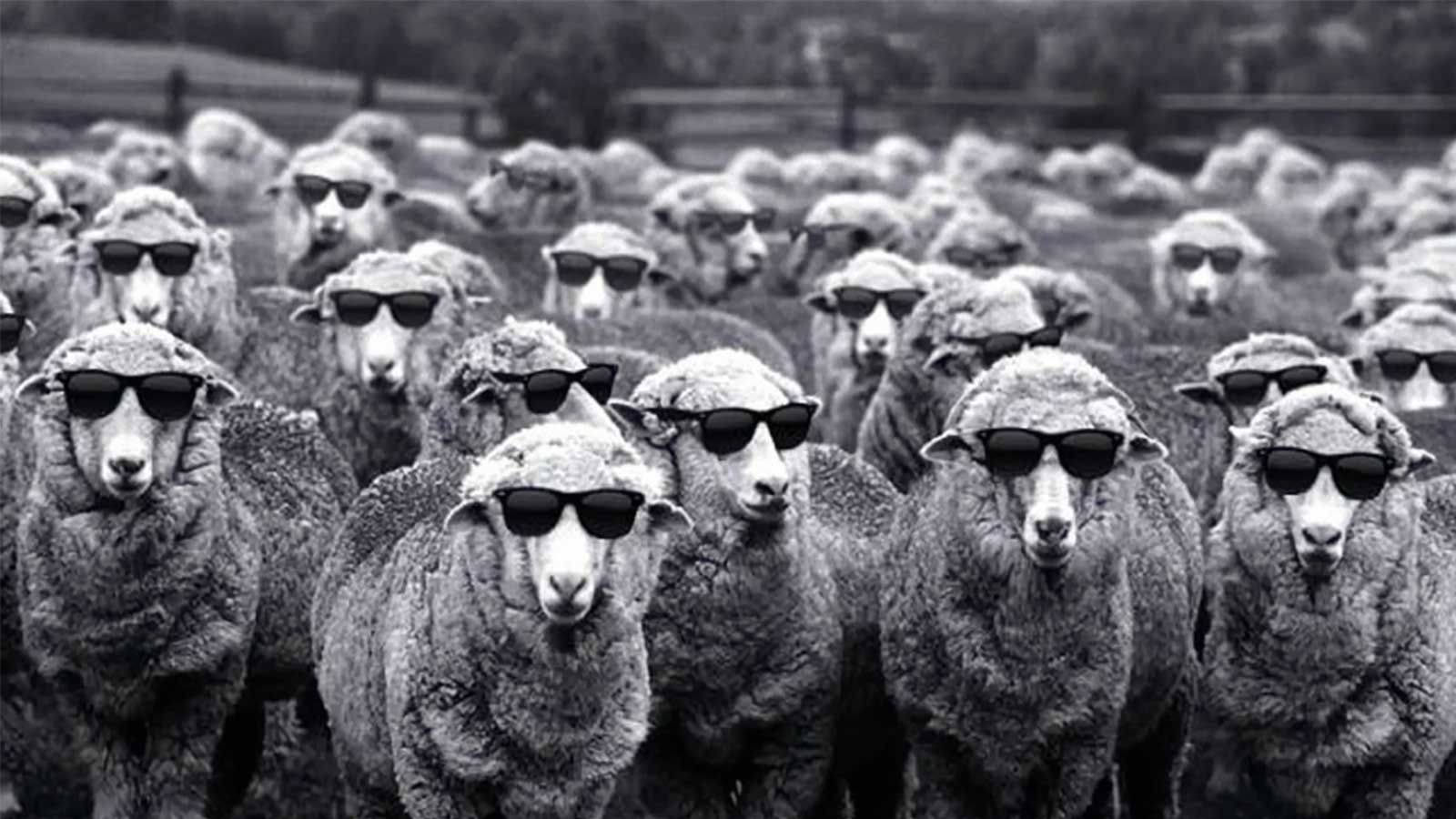Why Conform?
Humans are social animals, and social animals, for the sake of survival, have an innate and sometimes unconscious appreciation for conformity. In early human societies, failure to comply with the group could endanger both the individual and the group. Conformity had an evolutionary advantage. When it comes to changing behavior, then, especially at the individual level, social movements have a major hurdle to overcome regarding culture and social norms that are decidedly discriminatory.
Research on vegan recidivism highlights a number of challenges. These include product availability, convenience, and so forth. Yet, one of the strongest predictors for the abandonment of veganism is a desire to conform to societal norms. This effect is heightened since most new vegans are young people, and young people are especially sensitive to fitting in because their identity and sense of belonging are still under construction.
Conformity and Social Injustice
Sadly, conformity can coerce well-meaning people to participate in truly horrific, violent acts. Challenging these cultural norms leaves the individual at risk of ostracization regardless if they are in the wrong or right. Humans opt for paths of least resistance, meaning that they are likely to laugh at racist jokes, eat animal flesh, or remain bystanders at accidents if that is what others around them are doing.
Conformity and Self-Sabotage
If all of your friends jumped off a bridge, would you jump, too? The social psychology of conformity suggests that you might. Humans not only engage in behaviors that are morally problematic due to conformity, but they can also work against their own self-interest.
One study found that, when participants in a study detected smoke seeping into the research facility, they looked to see how others reacted before reacting themselves. In this study, the researchers placed confederates in the facility who were told to ignore the smoke. Even as smoke billowed around them, participants failed to raise an alarm or leave the room simply because others in the room failed to do the same (Latane and Darley 1968).
Likewise, this is why youths take up smoking. They do so not because burning, chemical-laced tobacco tastes and smells good, but because all the “cool kids” are doing it (Harakeh and Vollebergh 2012). This is why vegan activists are not likely to convince their constituents to go vegan by touting veganism’s ability to prevent heart disease and cancer. People look to see what other people are doing before deciding what to do. If everyone around them is eating animal protein and animal protein is what dominates in grocery store aisles, restaurant menus, and television commercials, they will more than likely choose to conform to speciesism.
The Importance of Networks and Cultural Influence
Social movements often default to individualism when designing tactics by appealing to self-interest, but humans are social creatures. Peer pressure is extremely strong among human beings and should not be underestimated. The challenge for vegan activists, then, is to nurture a new societal culture for folks to conform to. Indeed, research finds that the strongest predictor for long-term adherence to veganism is a strong vegan network. Having friends and family members who are vegan, too, means that a new vegan will not feel so alienated. Celebrity vegan representation also helps, since opinion leaders and influencers can create new social norms.
For the Vegan Toolkit
- Peer pressure and the desire to conform is a major impediment to vegan adherence
- Nurturing strong vegan networks reduces recidivism
- Vegan celebrities create new cultural norms for constituents to conform to
References
Harakeh, Z. and W. Vollebergh. 2012. “The Impact of Active and Passive Peer Influence on Young Adult Smoking: An Experimental Study.” Drug and Alcohol Dependence 121 (3): 220-223.
Latane, B. and J. Darley. 1968. “Bystander Intervention in Emergencies.” Journal of Personality & Social Psychology 10 (3): 215-221.

Readers can learn more about the social psychology of veganism in my 2016 publication, A Rational Approach to Animal Rights. Receive research updates straight to your inbox by subscribing to my newsletter.
